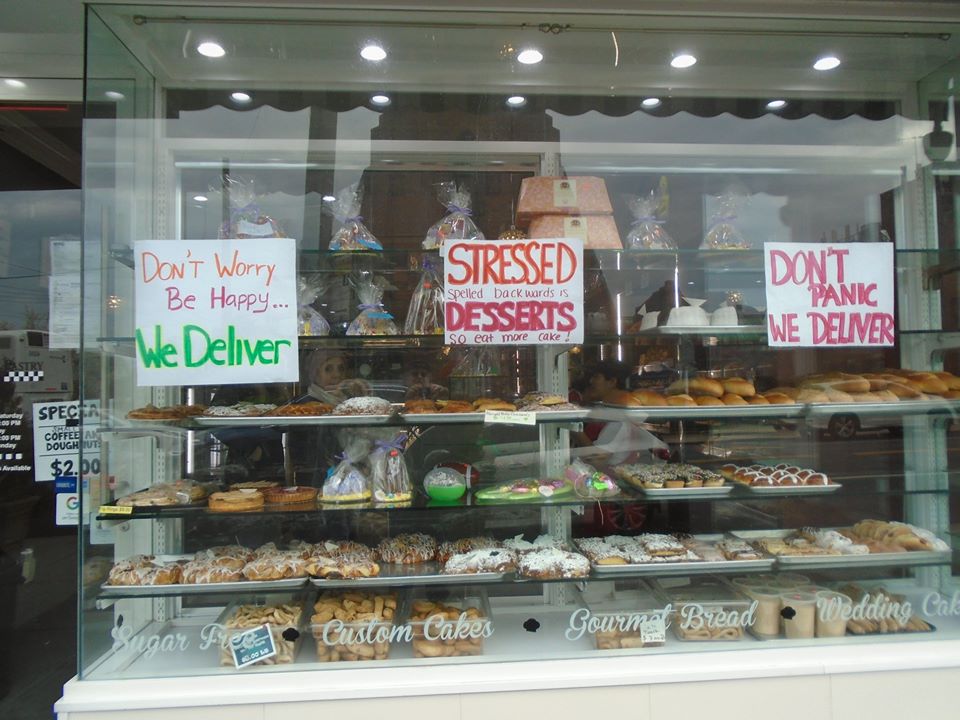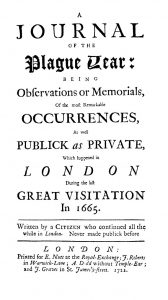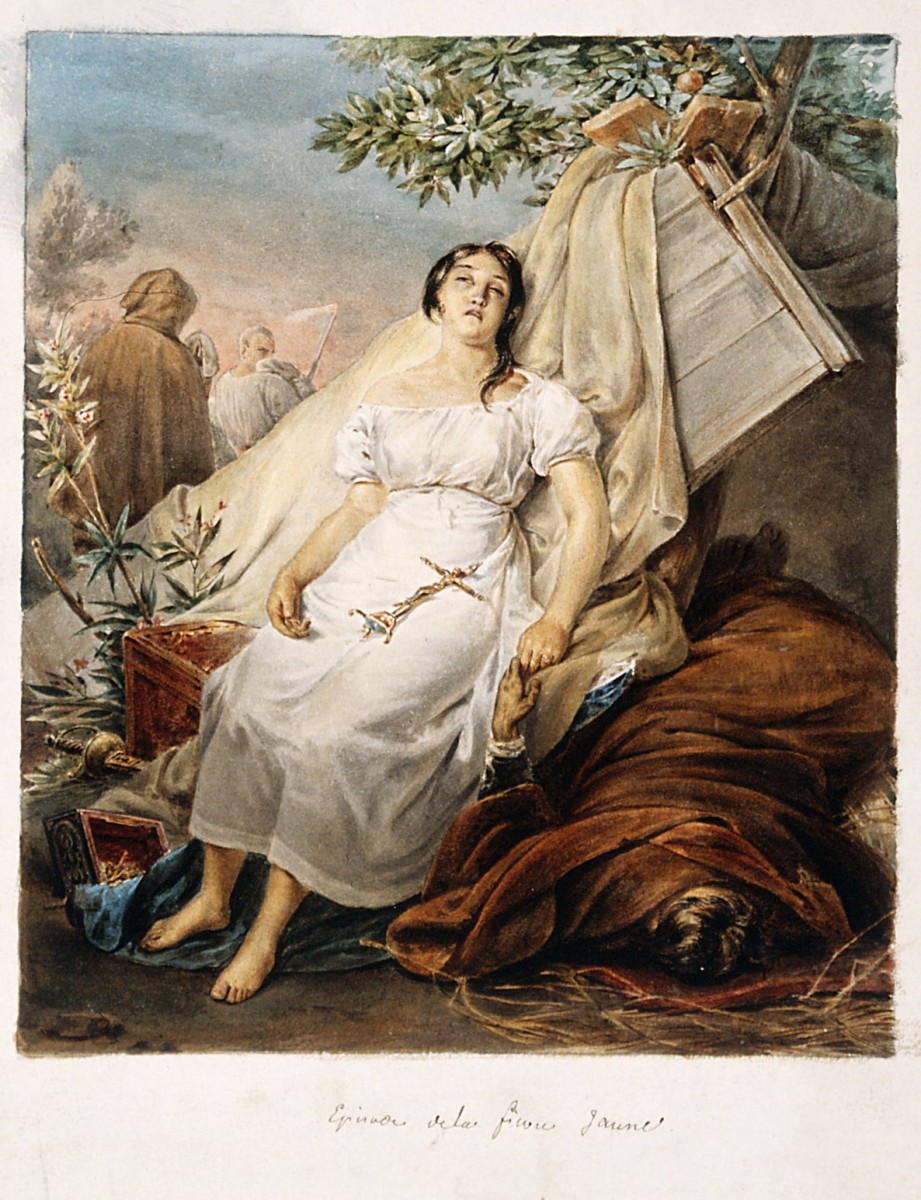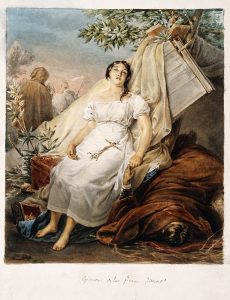You should be starting your own ‘Time of Coronavirus’ journal soon, if you haven’t already. You needn’t share it on OpenLan–unless you want to–but you will be using it for a paper and turning it in as part of your portfolio. I am going to keep a journal, too, providing an example, I hope, for you as well as a record for me of this strange and unnerving time.
When I awoke yesterday, I had a stuffy head–not unusual for me, but of concern as we face COVID-19. My wife could hear the difference in my voice and quizzed me on it but I brushed her off. I was in a hurry to get our clothes to the laundromat by seven when it opens for I did not want to be there when other people are. I should have let my wife go, and recognize that now, but I wanted to get out for a bit (all we have been doing is walking the dog and a bit of grocery shopping).
Normally, I do our laundry, using the time there to read or grade student papers or do other work. Last time, though, I dropped it off. It costs about twice as much, but I had decided that the degree of contact with others was not worth the saving. This time, I did the same.
We are among the lucky New Yorkers who have room for a car. We rent a space in front of our building so it was easy to load the laundry bags into our little Mini Cooper. No one was out on the street. Our block is beginning to take the situation seriously, especially since the death of the son-in-law of one of our neighbors last Thursday. The laundromat we use is about a mile away on a normally busy street. We like it because it is always clean and the people who work there are personable.
Though I arrived at the laundromat at seven, opening time, it was still dark. I parked on the street where I could see the bus stop across the street for I new that Phyllis, who opens up, would arrive by bus. There were a couple of people waiting, so I knew she would likely be on the next one to come by.
She was. The bus came after a wait of about fifteen minutes. Phyllis was in a mask. I waved to catch her attention and told her I would give her a few minutes to get things ready before coming in. In her Italian accent, she replied, “Thank you, Aaron.”
She had her mask on still when I lugged my bags in. She weighed them while we kept the appropriate distance apart and told me she was quite busy, which I expected, and asked if tomorrow was OK for pick-up. I said sure and drove home.
I am glad that I did respect the distances suggested, for I started to have a raspy throat by noon. Now, I have seasonal allergies and that’s probably all this is but, frankly, I don’t know. So, we decided that I should isolate even in the house. This is going to be difficult even though it is just the two of us, but I am beginning to learn just what that means. We are lucky. Our apartment has a half-bath right off the bedroom. I am unlucky. I have been stuck in the bedroom for almost a day now and may be here for a while.
Today, I will spend time exploring how best to isolate in a New York apartment. Maybe we’re exhibiting an abundance of caution, but there’s no way I can get tested right now so we’re putting safety first though I am not happy about it–though, at the same time, I am annoyed at myself for having gone out at all yesterday. What if I am positive and infected someone else?
 Right now, I have a box of tissues on the night-table that looks like it has an image of the coronavirus on it, or at least it amuses me to think so. I don’t need them right now, but want to have them around.
Right now, I have a box of tissues on the night-table that looks like it has an image of the coronavirus on it, or at least it amuses me to think so. I don’t need them right now, but want to have them around.
Yesterday, before my throat got a little rough, we wiped down everything in the apartment from door knobs to telephones to countertops to bannisters (ours is a third-floor apartment with one flight of stairs inside). I’m thankful for that, for I decided to isolate soon after, soon enough so that my wife didn’t have to do it all over again immediately, though she will again, today… leaving me feeling guilty that I can’t help.
No matter that I know that this is what I should do, I feel rather foolish isolating like this. Everything seems so calm, though sirens are still constant in this city, making me feel I’m being overly dramatic. I’m feeling quite imperfect but I am trying to do what is needed.
Your experiences will be quite different from mine but do try to record them three or four (preferably four) times a week, writing for half an hour or more. In may, you will use your journal as the basis for a paper, one where you will add some outside sources, citing what other people have written–doing, that is, a bit of research.







